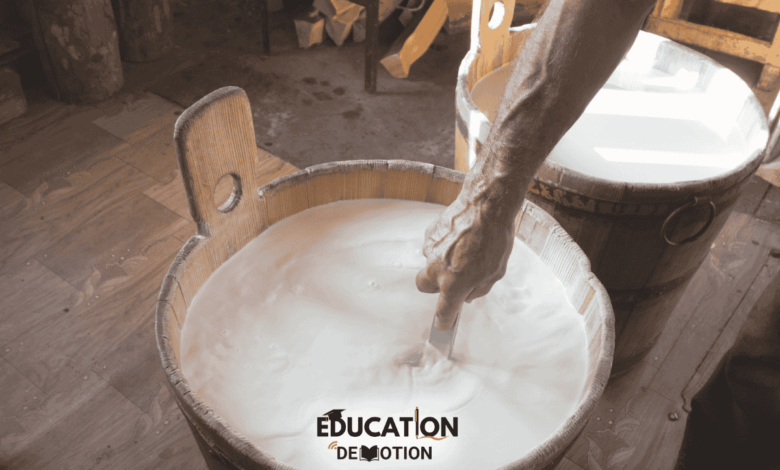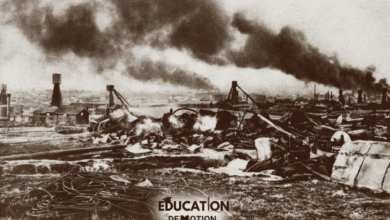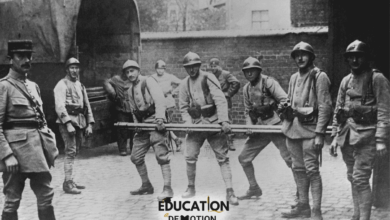Does Braunwald Have a Long History of Cheese Making?

Braunwald, nestled in the picturesque Swiss Alps, is a destination known for its scenic beauty, outdoor activities, and cultural richness. But beyond its postcard worthy landscapes, a fascinating question arises: does Braunwald have a long history of cheese making? The short answer is yes, and it’s a story deeply rooted in tradition, craftsmanship, and the region’s alpine environment.
Braunwald and Its Alpine Roots in Cheese Making
Braunwald’s cheese-making history is intertwined with its alpine roots. For centuries, the Swiss Alps have provided an ideal environment for dairy farming and cheese production. The high-altitude pastures around Braunwald offer nutrient-rich grass, producing milk of exceptional quality. This has been a cornerstone for crafting artisanal cheeses that reflect the purity of their source.
Cheese making in Braunwald dates back to the early settlement days. Back then, herders and farmers sought ways to preserve milk for longer periods. Cheese became the answer, not just as a food staple but as a trade commodity in local markets.
What Makes Braunwald Cheese Unique?
Natural Alpine Ingredients
One reason Braunwald’s cheeses are so revered lies in the purity of their ingredients. The cows grazing on untouched Alpine meadows are fed exclusively on natural grass, giving the milk a rich and distinctive flavor.
Traditional Cheese-Making Methods
Unlike mass-produced cheeses, Braunwald’s cheese artisans rely on time-honored techniques passed down through generations. The process involves careful aging in cellars, ensuring each wheel of cheese develops its characteristic aroma and texture.
How Cheese Became a Heritage in Braunwald
The history of cheese making in Braunwald is not merely about food production; it is a cultural legacy. Festivals celebrating dairy farming and cheese making highlight its importance to the community. For instance, the annual Alpine Cheese Festival draws visitors from across Switzerland and beyond, offering tastings, workshops, and insights into the traditional methods used in the region.
Moreover, Braunwald cheese has played a vital role in fostering community ties. Families often work together during the cheese-making season, turning the process into a shared tradition that strengthens bonds.
Does Braunwald Still Practice Traditional Cheese Making?
In today’s modernized world, one might wonder if Braunwald has maintained its historical practices. The answer is a resounding yes. Many local farms continue to use age-old methods, eschewing industrial shortcuts in favor of preserving authenticity.
Some cheese dairies have even opened their doors to tourists, allowing visitors to experience the process firsthand. From milking the cows to tasting freshly made cheese, these activities provide a window into Braunwald’s enduring passion for the craft.
Why Is Braunwald’s Cheese History Significant?
Braunwald’s long history of cheese making is not just about sustenance—it reflects a broader story of human ingenuity, resilience, and connection to nature. The meticulous care and attention to detail in cheese production symbolize the harmonious relationship between Braunwald’s people and their environment.
Moreover, this tradition has contributed to Switzerland’s global reputation as a cheese powerhouse. Renowned Swiss cheeses like Emmental and Gruyère owe their fame, in part, to the dedication of Alpine communities such as Braunwald.
Final Thoughts: Does Braunwald Have a Long History of Cheese Making?
Absolutely! Braunwald’s history of cheese making is a testament to the village’s dedication to preserving its cultural heritage and natural resources. From the pristine Alpine meadows to the skilled hands of cheese artisans, every element contributes to the rich tapestry of Braunwald’s cheese making tradition.
So, the next time you savor a piece of Swiss cheese, remember that it might carry a slice of Braunwald’s history a legacy shaped by nature, passion, and timeless traditions.




